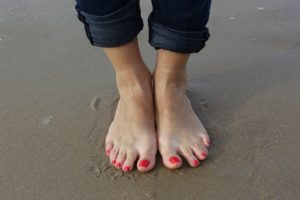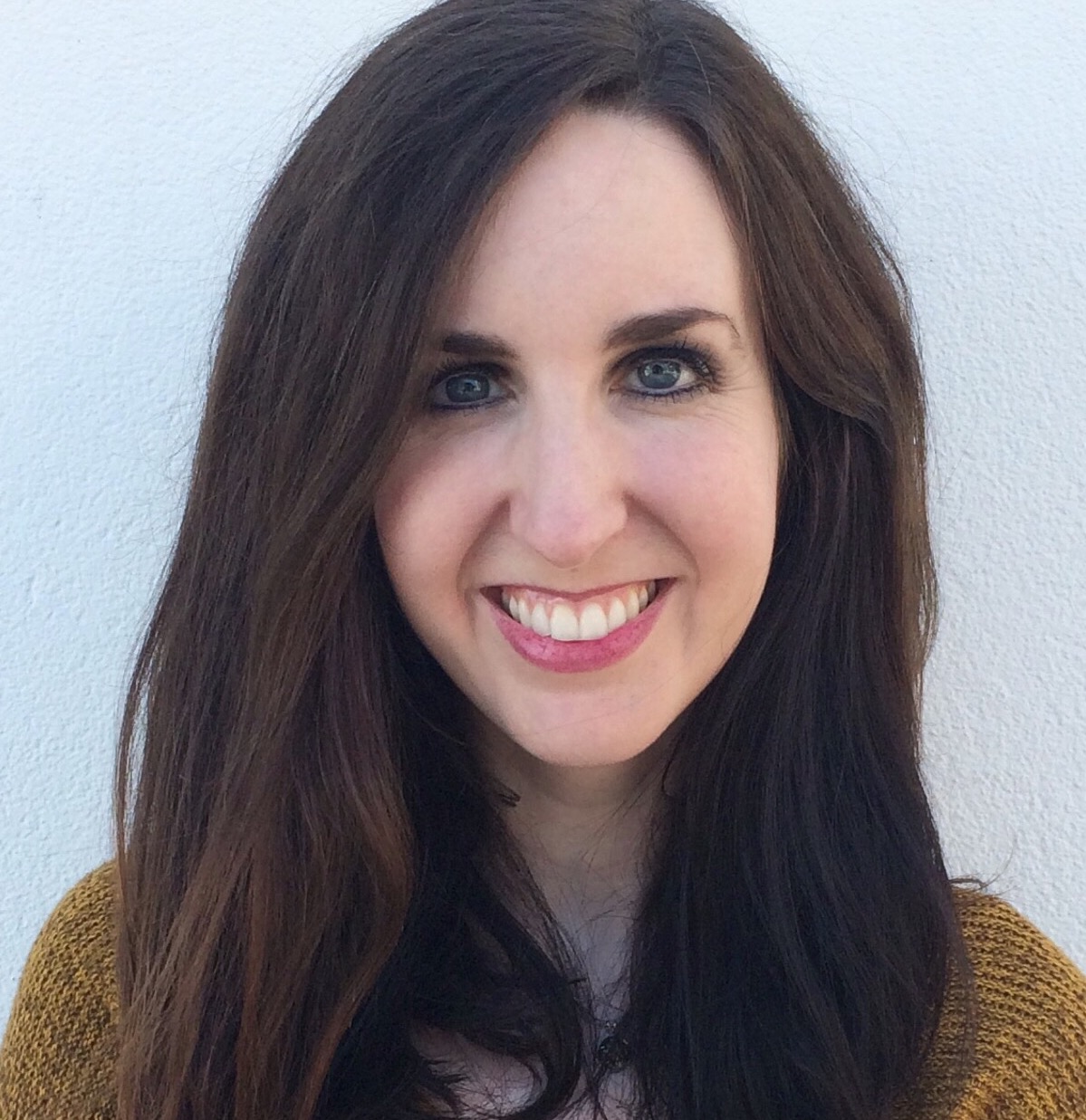- Calls to this hotline are currently being directed to Within Health, Fay or Eating Disorder Solutions
- Representatives are standing by 24/7 to help answer your questions
- All calls are confidential and HIPAA compliant
- There is no obligation or cost to call
- Eating Disorder Hope does not receive any commissions or fees dependent upon which provider you select
- Additional treatment providers are located on our directory or samhsa.gov
Impact of Fat Phobia on Body Image

Fat phobia is a form of discrimination facing overweight and obese populations. The recognition of fat phobia remains controversial among those who refuse to admit that it exists.
Many body positive activists and movements have openly addressed fat phobia as harmful, but more work needs to be done to protect the rights of those affected. Fat phobia can intensify body image concerns, making those who face this discrimination at high risk for the development of disordered eating.
What is Fat Phobia?
In essence, fat phobia is the oppression of individuals who are overweight, particularly those who are obese. The systemic oppression and stigma against these individuals has been recognized in recent studies examining discrimination based on body type.
A 2009 study [1] reports that weight and height discrimination in the workplace is just as common as rates of racial discrimination, particularly for women. Women already face workplace discrimination, highlighting the importance of recognizing the intersectionality of oppression.
Obese individuals also face discrimination in medical settings, as there have been growing reports of this population receiving lower quality of care or being denied medical treatment entirely.
Another interesting study [2] from 2009 found that people are more likely to judge thin people lying on a couch as simply resting, while they judge overweight people lying on a couch as lazy or unmotivated.
This relates back to the workplace discrimination and general judgments of overweight people that negatively impact the way they are treated by society at large.
 Intersectionality of Fat Phobia
Intersectionality of Fat Phobia
When addressing oppression, it is vital to understand intersections and how fat phobia uniquely impacts different races, genders, and sexual orientations.
Marginalized communities face forms of oppression in different ways, and identifying this can increase awareness and promote healing within affected communities. Some people might not even recognize the way that systemic oppression against certain groups indirectly informs their fat phobia. Awareness is the first step toward correcting this.
As previously mentioned, fat phobia has proven to impact women in the workplace more than men [1]. Women are already marginalized, so it makes sense that the discrimination of fat phobia impacts them on a larger scale. Now imagine how fat phobia impacts ethnic minority women or queer women.
How Fat Phobia Impacts Body Image
A person’s body image can be impacted by discrimination in many ways. Specifically, fat phobia can draw attention to an individual’s weight which, when compounded by mistreatment directly relating to it, can increase body image concerns and negative self-image.
The aforementioned mistreatment might also lead to a desire to lose weight, which can trigger various forms of disordered eating and related mental health issues.
Though many people who struggle with obesity or being overweight do not struggle with disordered eating, there is sometimes an overlap between these populations that cannot be ignored. Fat phobia can lead to feelings of shame, perpetuating disordered thoughts and, ultimately, behaviors.
Listen to your overweight co-worker or cousin who struggles with obesity when they speak of discrimination, instead of tossing it aside or minimizing their struggle. This includes recognizing the impact that fat phobia can have on their body image, relationship with food, and overall mental health.
What You Can Do
By embracing Health at Every Size and other body positive movements, we can celebrate different body shapes and recognize that true health is not associated with a specific body type. As we all know, you cannot always tell whether someone is “healthy” based on their weight or body mass index (BMI).
 If you have faced fat phobia, do everything you can to stand up for your rights and raise awareness about discrimination or unfair treatment you have experienced based on your body type. Try to cope with any body image issues this triggers in a positive way. Those who find themselves struggling with disordered eating are encouraged to seek help from an eating disorder professional immediately.
If you have faced fat phobia, do everything you can to stand up for your rights and raise awareness about discrimination or unfair treatment you have experienced based on your body type. Try to cope with any body image issues this triggers in a positive way. Those who find themselves struggling with disordered eating are encouraged to seek help from an eating disorder professional immediately.
If you are not overweight but remain an ally, similarly spread awareness and use your voice to fight fat phobia.
Denying that fat phobia exists is part of the problem. Understanding the need for compassion and open dialogue is a good first step toward changing the way you and those around you might unintentionally contribute to fat phobia.
Community Discussion – Share your thoughts here!
How has your body image been impacted by fat phobia?
 About the Author: Courtney Howard is the Director of Operations & Business Development at Eating Disorder Hope. She graduated summa cum laude with a B.A. from San Diego State University, holds a paralegal certificate in Family Law, and is a Certified Domestic Violence Advocate. After obtaining her certification as a life coach, Courtney launched Lionheart Eating Disorder Recovery Coaching in 2015 and continues to be a passionate advocate for awareness and recovery.
About the Author: Courtney Howard is the Director of Operations & Business Development at Eating Disorder Hope. She graduated summa cum laude with a B.A. from San Diego State University, holds a paralegal certificate in Family Law, and is a Certified Domestic Violence Advocate. After obtaining her certification as a life coach, Courtney launched Lionheart Eating Disorder Recovery Coaching in 2015 and continues to be a passionate advocate for awareness and recovery.
References:
[1]: Puhl, R. M. and Heuer, C. A. (2009), The Stigma of Obesity: A Review and Update. Obesity, 17: 941–964. doi:10.1038/oby.2008.636 [2]: Berry, Tanya; Spence, John C. Automatic activation of exercise and sedentary stereotypes. Research Quarterly for Exercise and Sport, 2009; 80 (3): 633-640The opinions and views of our guest contributors are shared to provide a broad perspective of eating disorders. These are not necessarily the views of Eating Disorder Hope, but an effort to offer discussion of various issues by different concerned individuals.
We at Eating Disorder Hope understand that eating disorders result from a combination of environmental and genetic factors. If you or a loved one are suffering from an eating disorder, please know that there is hope for you, and seek immediate professional help.
Last Updated & Reviewed By: Jacquelyn Ekern, MS, LPC on December 29, 2016
Published on EatingDisorderHope.com

The EatingDisorderHope.com editorial team comprises experienced writers, editors, and medical reviewers specializing in eating disorders, treatment, and mental and behavioral health.

